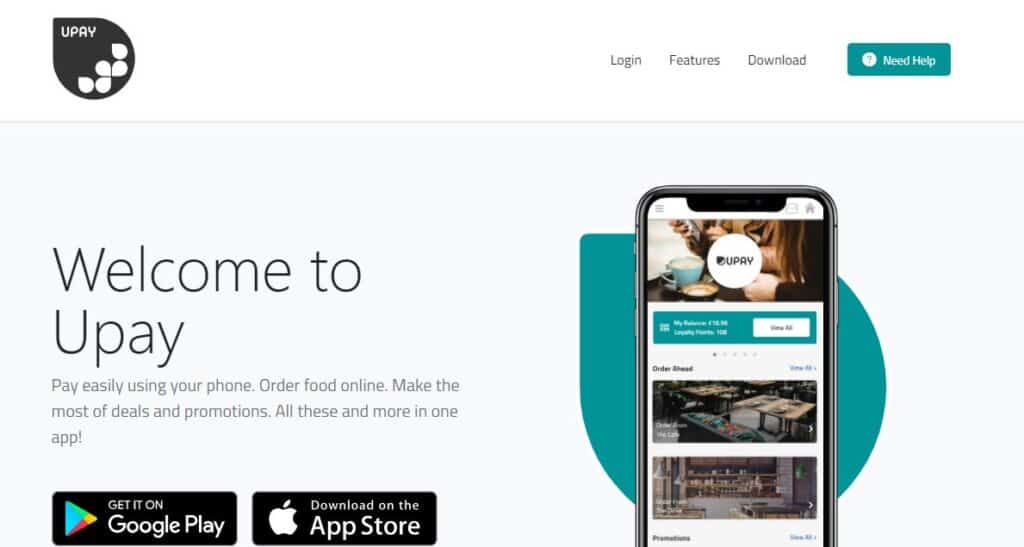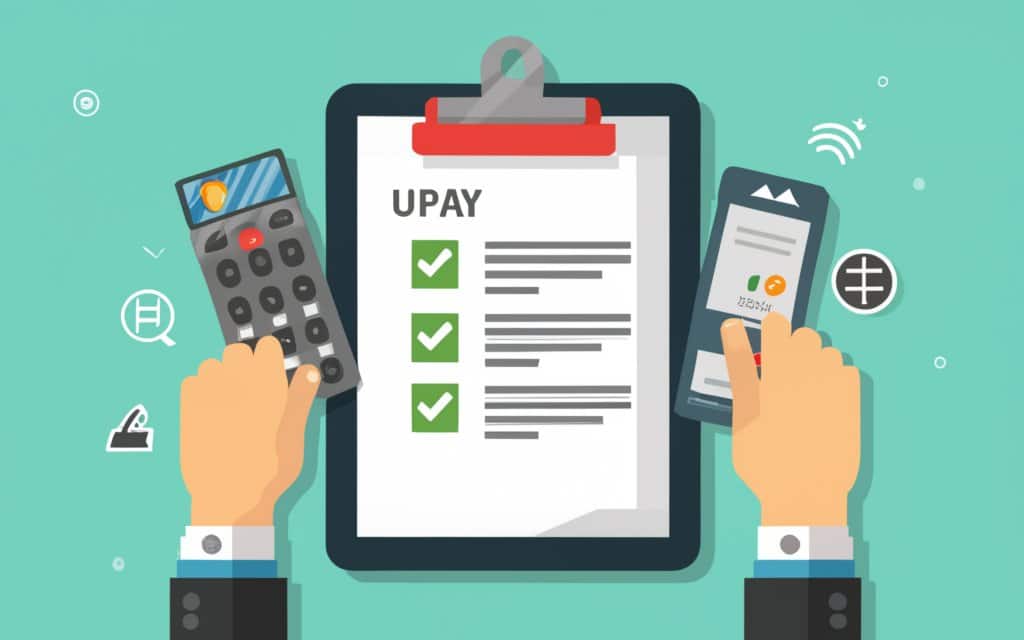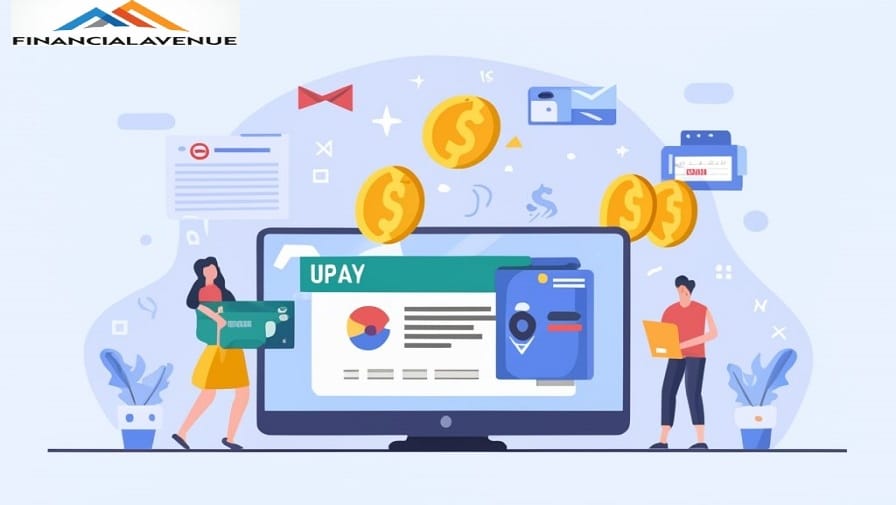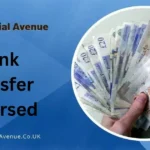Seeing an unfamiliar charge on your bank statement can be confusing and concerning. If you’re a UK bank account holder who has noticed Upay charge appearing on recent statements, this guide will explain what that charge corresponds to and provide recommendations on next steps if needed.
Key Takeaways
- Upay is a payment processor that appears as vague “Upay” charges
- Multiple types of fees related to transactions, top-ups, tips etc.
- Unrecognized charges should be dealt with promptly
- Your bank and Upay can clarify or dispute unclear Upay statement charges
Overview of Upay
Upay Ltd. is a payment processing services provider and Payment Facilitator (PAYFAC) offering digital wallet, payment, promotions, loyalty, and ordering capabilities to a range of business clients globally.
In the UK, Upay is commonly used by:
- Canteens
- Cafes
- Retail outlets
- Events venues

When you use the Upay app or web service to make purchases at one of Upay’s business partners, the transaction shows up on your bank statement or credit/debit card statement with the generic label “Upay”. This means your bank sees the payment going to Upay first, not the specific business.
The transaction amount on your statement represents the total purchase amount including Upay’s processing fee. As an intermediary, Upay passes your payment onto the business after taking their cut.
Don’t worry if you see VF Northern Europe Charge on Your Bank Statement. Read this article.
Breakdown of Potential Upay Charges
Upay charges different types of fees in order to cover costs as the payment middleman between consumers and businesses:
- Transaction fees – Small percentage of purchase amount (e.g. 2%)
- Account top-up fees – For adding funds to Upay wallet, similar to PayPal
- Tips – Optional tips you add are passed to staff
- Other – Returns, reversals, etc.

So when you notice a Upay charge on your statement, it will correspond to one of these fee types related to a prior Upay transaction.
Wondering What Is the PNP BILL PAYMENT Charge on Your Bank Statement? Read this article.
What To Do About Unrecognized Charges
Seeing a vague “Upay” charge on your bank statement that you don’t recognize can certainly be concerning. However, there are steps you can take to get unfamiliar Upay charges explained or reversed quickly.
Contact Upay Support
The first recommended step is to directly contact Upay’s customer support team.
When you reach out to them, make sure to have details of the unrecognized transactions available, including:
- Date and amount of charges
- Last 4 digits of card charged
- Email/phone number on your Upay account
With this transaction information, their team can investigate the charges and confirm what they correspond to:
- A legitimate Upay fee you may have forgotten about
- An error that needs reversing
- Potentially fraudulent activity
Having Upay clarify or dispute unrecognized charges on your behalf can save time and give you peace of mind.
Don’t miss learning about BFCB Charge on Your Bank Statement
Review Your Account Activity
In addition to contacting Upay support, log into your Upay app or account online to review your latest activity.
Check your order history, payment transactions, top-ups, and any other actions around the time of the mystery charges.
Seeing the context of your Upay usage from their records may jog your memory on what the charges relate to. Or make it clearer that they are unauthorized.
Matching up dates and amounts between your bank statement and Upay account provides more insight.
Read this article if you are worried about VIS Charge on Your Bank Statement
Notify Your Bank
If Upay is unable to explain the charges and you still believe them to be incorrect, notify your bank.
Provide your bank with Upay’s response and details of the unknown transactions. They have procedures in place to investigate unclear third party charges, potential fraud, and issue refunds if appropriate.
Having both Upay and your bank look into unrecognized activity provides double assurance. And gets the right experts involved to resolve the issue.
The key with any unauthorized bank charges is acting quickly to understand them and have corrections made when necessary. An informed, proactive approach can put your mind at ease.
Conclusion
Being informed on third party payment platforms like Upay that interface between consumers and businesses can help account holders manage budgets and avoid unwanted charges going forward.

Daniel, a seasoned professional with over 5 years of experience in banking, property, and finance, brings a wealth of expertise to the table. This authoritative blog is meticulously curated to provide you with the most up-to-date financial insights. Delving into the dynamic realms of banking and mortgages, Daniel’s passion for finances shines through every post.










